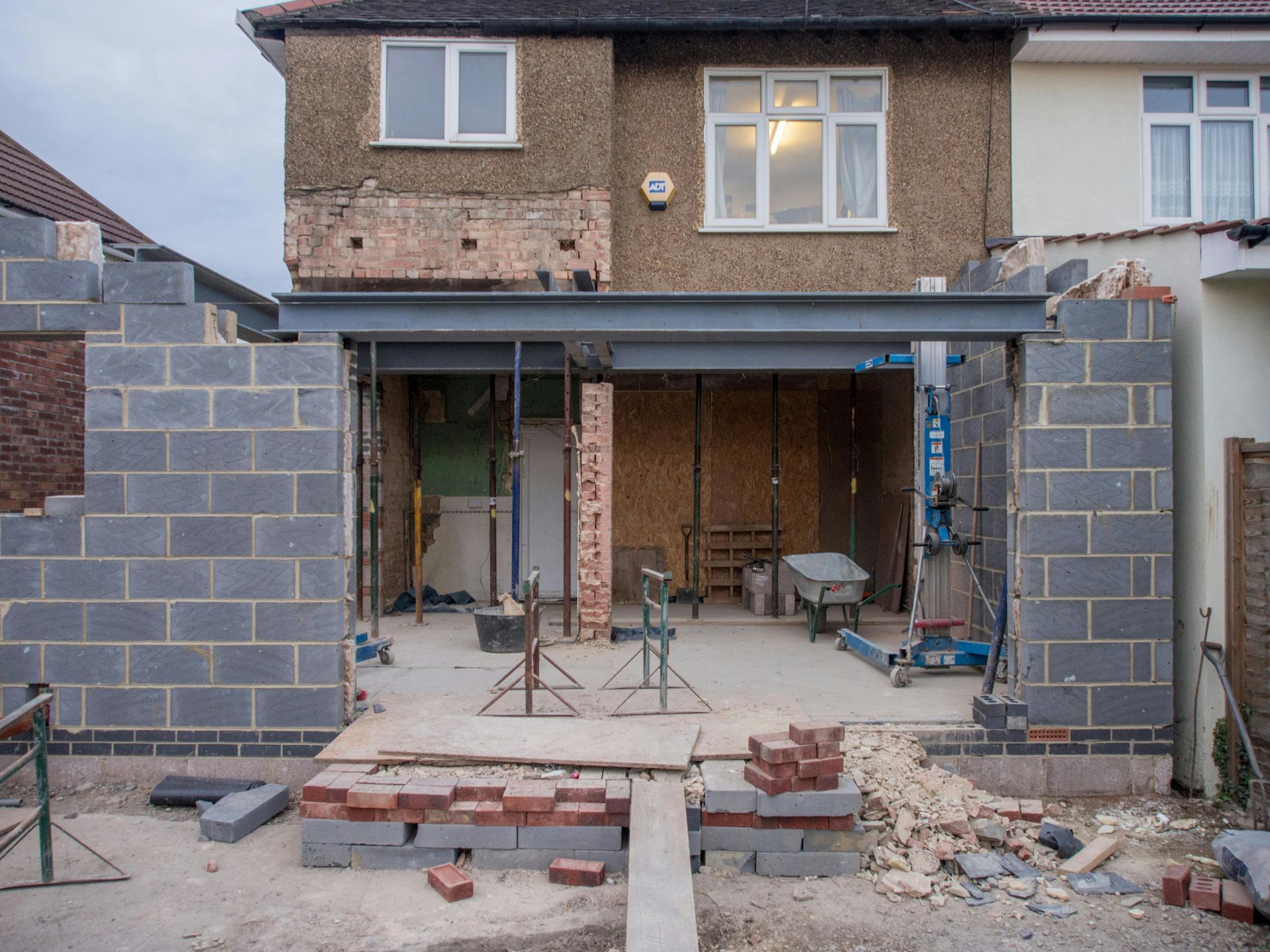Can You Get a Mortgage on a Timber-Framed Property in 2025?
Timber-Framed Homes Are More Common Than You Think, But Some Older or Non-Standard Designs Can Still Trip Up Lenders in 2025
What Is a Timber-Framed Property?
A timber-framed property has a structural frame made of wood, with either brick, render, tile-hung, or cladding on the outside. These aren’t the same as log cabins or temporary structures—many modern homes use timber frames beneath standard facades.
They’re quick to build, energy-efficient, and well-engineered. But some types—especially older or system-built variants—raise concerns for mortgage lenders.
Can You Get a Mortgage on a Timber-Framed House?
Yes—most modern timber-framed homes are fully mortgageable, provided:
- The building was constructed to a recognised standard
- The materials and insulation meet current regulations
- There’s no history of structural movement or water damage
- The property is not classified as a “non-standard” construction
However, older homes (particularly those built between the 1950s and 1970s) can create issues—especially if they fall under PRC (precast reinforced concrete) or Wimpey No-Fines categories, or were part of post-war rapid-build programs.
When Timber Frame Becomes a Problem for Lenders
Lenders may be cautious or decline altogether if:
- The frame is exposed and weathered
- The build uses non-certified materials or methods
- The property is on a list of non-standard construction types
- There’s evidence of rot, infestation, or structural movement
- It’s part of a system-build estate that has experienced historical defects
Some lenders also restrict loan-to-value (LTV) or require a specialist survey before approving.
Modern Timber Frame vs. Older System Builds
Let’s break it down:
- Modern Timber Frame (Post-1990):
Usually fine. Must comply with NHBC or BBA standards. Often used in new-builds and eco homes. - 1970s–1980s Timber Frame:
Acceptable with supporting survey. May raise flags if unventilated or poorly maintained. - Post-War System Build (1945–1970):
Risky. May include subtypes like Orlit, Airey, Reema Hollow Panel, or Trusteel. Some lenders won’t consider these at all.
Always get the construction type confirmed by the surveyor and solicitor before proceeding.
Key Documents Lenders Might Ask For
- RICS Survey – To confirm structure, insulation, and condition
- Building Control Sign-Off – For extensions or modifications
- NHBC Warranty or BBA Certificate – For recent builds
- Engineer’s Report – If structural concerns are raised
- Insurance Schedule – To confirm the property is fully insurable
How Willow Private Finance Can Help
We’ve helped many clients secure lending on timber-framed homes—even where high-street lenders were hesitant. We understand which lenders:
- Accept all modern timber builds without restriction
- Will consider non-standard or older construction with the right documentation
- Require specialist survey support or engineer sign-off
- Offer bridging or short-term finance if mainstream options aren’t available
If you’re not sure what kind of construction you're dealing with—or if a valuer has raised concerns—we can step in quickly, assess your options, and get the deal back on track.
Practical Tips for Buyers
- Confirm the construction method and age of the property early.
- Ask for supporting paperwork if it’s a newer build.
- Get a survey before submitting your mortgage application if you suspect issues.
- Use a broker who understands lender construction preferences and can pre-empt refusals.
Related Blogs You May Find Helpful
- How To Finance Property With Non-Standard Construction in 2025
- What To Know About Financing Unusual Properties in 2025
- Can You Get a Mortgage With Complex Income in 2025?
📞 Want Help Navigating Today’s Market?
Book a free strategy call with one of our mortgage specialists.
We’ll help you find the smartest way forward—whatever your construction type.
Important Information: Your home may be repossessed if you do not keep up repayments on your mortgage or any other loan secured on it.
The information contained in this article is for general guidance only and does not constitute advice. You should seek professional advice tailored to your personal circumstances before making any financial decisions.
Willow Private Finance Ltd is authorised and regulated by the Financial Conduct Authority. FCA number: 588422.










